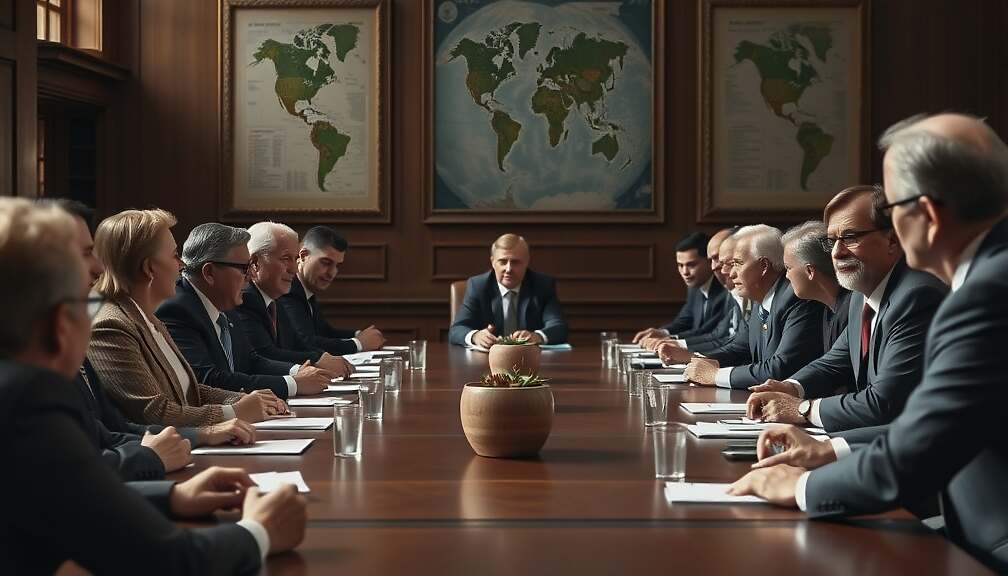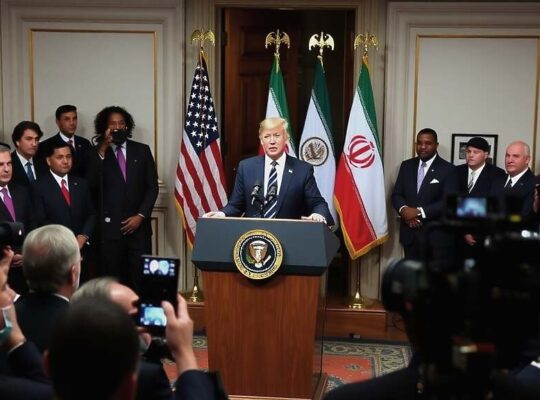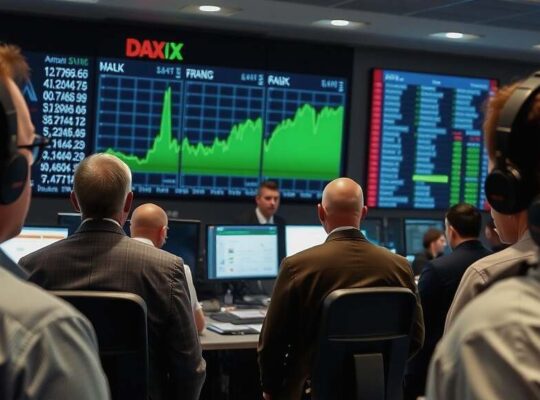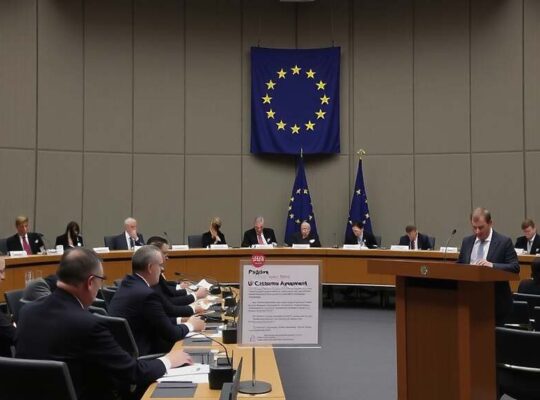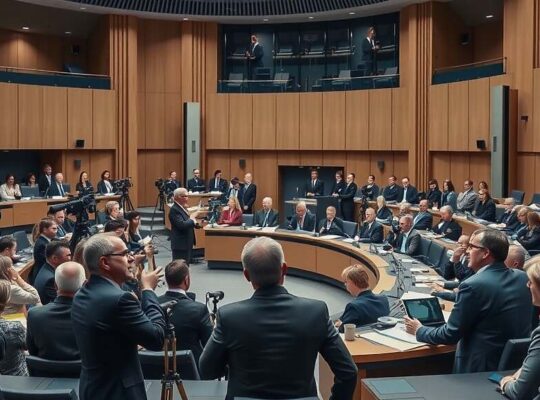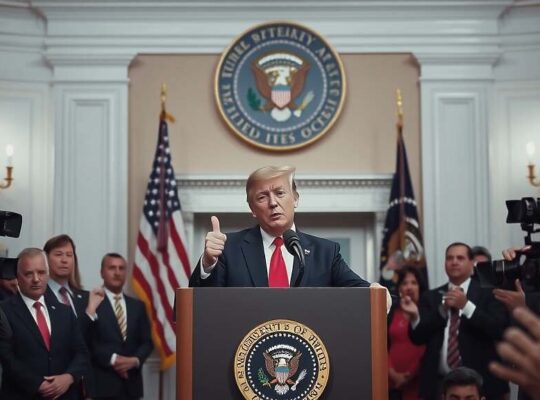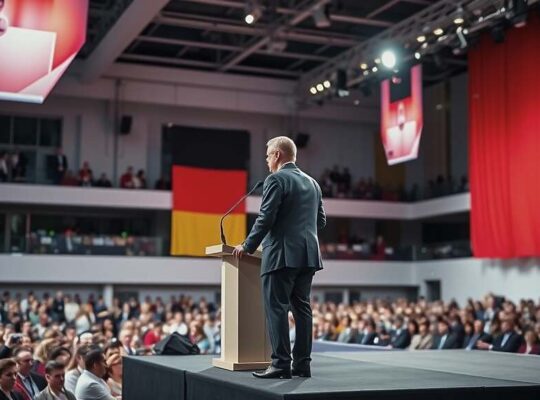The G20 summit in Johannesburg continued Sunday morning with focused discussions centered on critical raw materials and the burgeoning field of artificial intelligence. This marks the third and final substantive working session for heads of state and government prior to the concluding plenary meeting scheduled for midday.
While a consensus statement was reached on the first day of the summit, outlining intentions to support indebted nations and advocating for a “just, comprehensive and lasting peace” amidst ongoing global conflicts, the event has been largely overshadowed by the conspicuous absence of the United States and the reverberations of Washington’s proposed framework for resolving the Ukraine crisis.
The American delegation’s boycott, officially predicated on accusations of severe repression targeting white farmers by the South African government, has effectively diminished the summit’s potential for impactful multilateral action. The absence of President Trump and his administration has not only deprived the discussions of a significant economic and political power but also inadvertently amplified scrutiny of Washington’s unilateral approach to international diplomacy.
Experts suggest the US absence, coupled with the unveiled Ukraine “peace plan” undermines the stated goals of achieving a globally inclusive resolution to challenges like debt relief and fostering lasting peace. The plan, detailed in recent weeks, has faced criticism for what many consider its prescriptive nature and perceived bias, potentially hindering broader consensus building amongst the G20 nations.
The lack of US participation now raises questions about the body’s efficacy in addressing pressing global concerns and the ongoing struggle to balance economic cooperation with diverging geopolitical interests. Whether the remaining member states can effectively forge a path forward without the active engagement – or at least the constructive challenge – of the United States remains to be seen.


